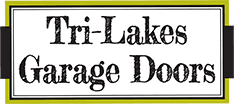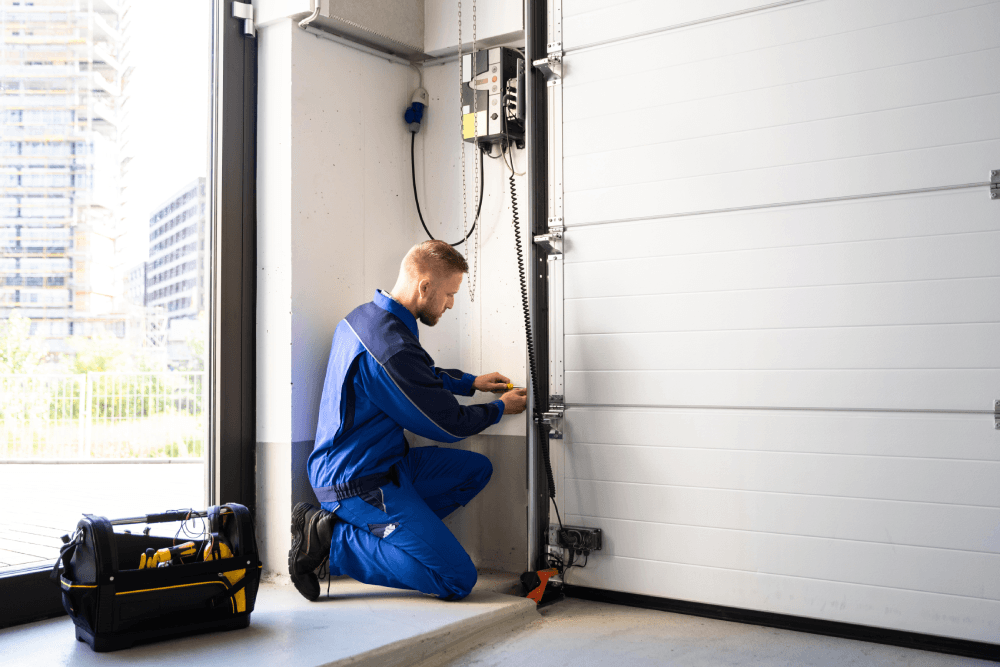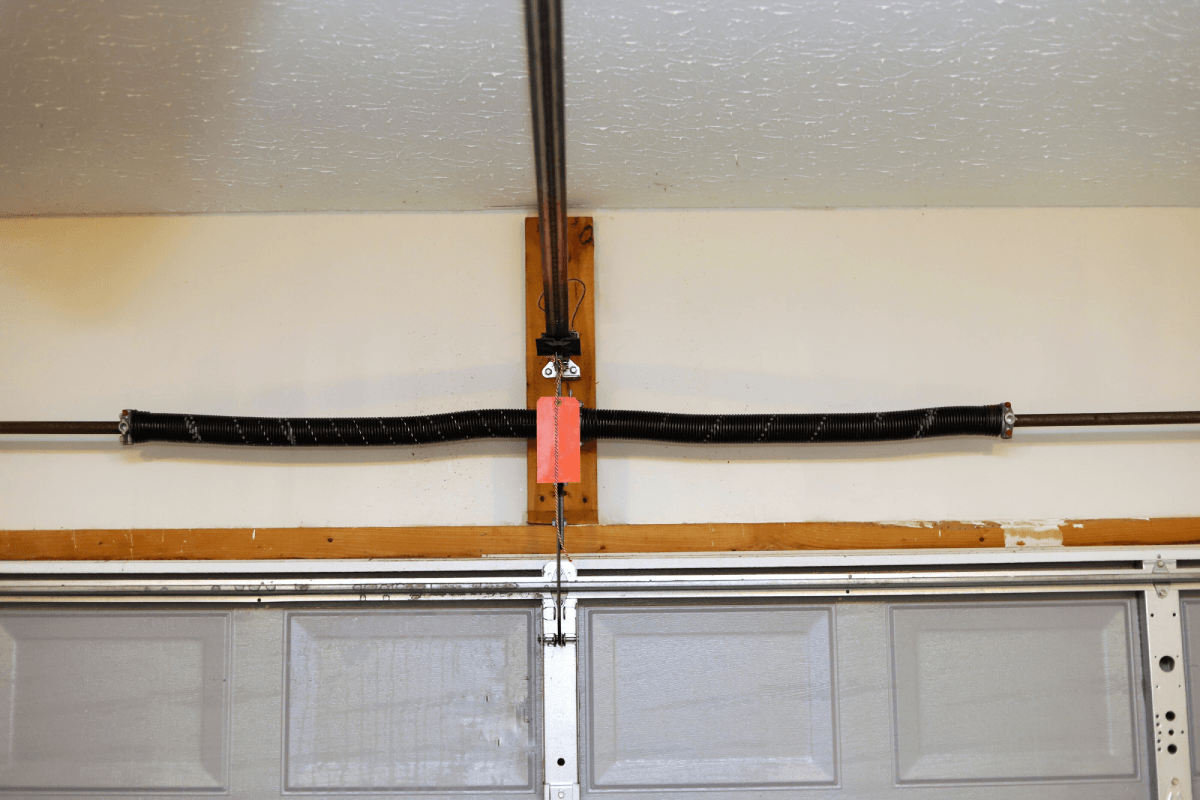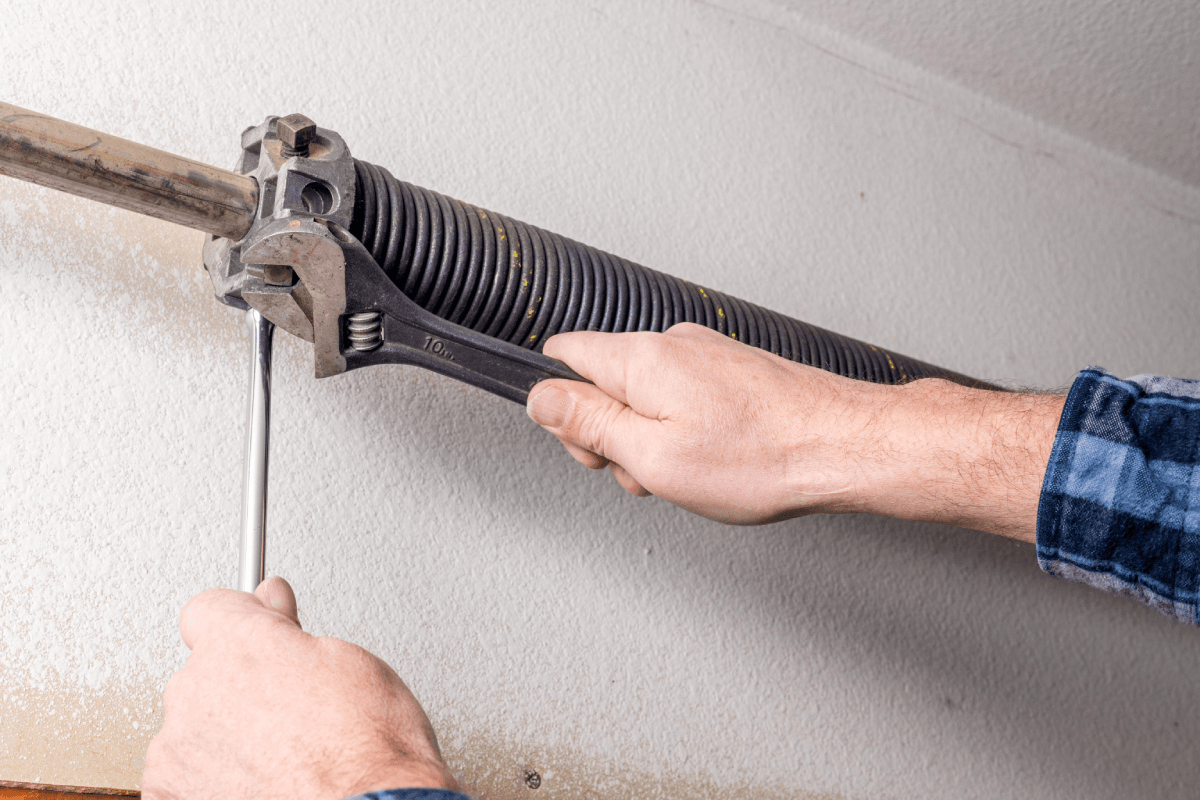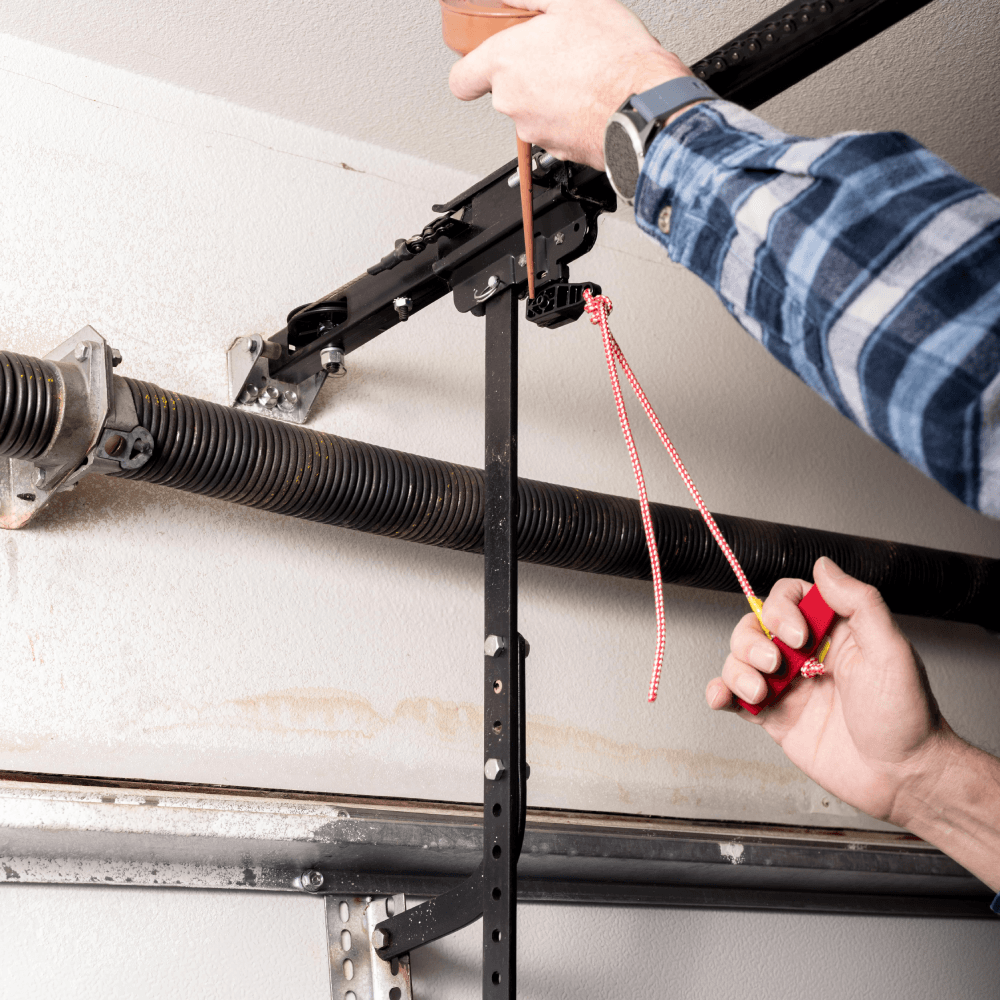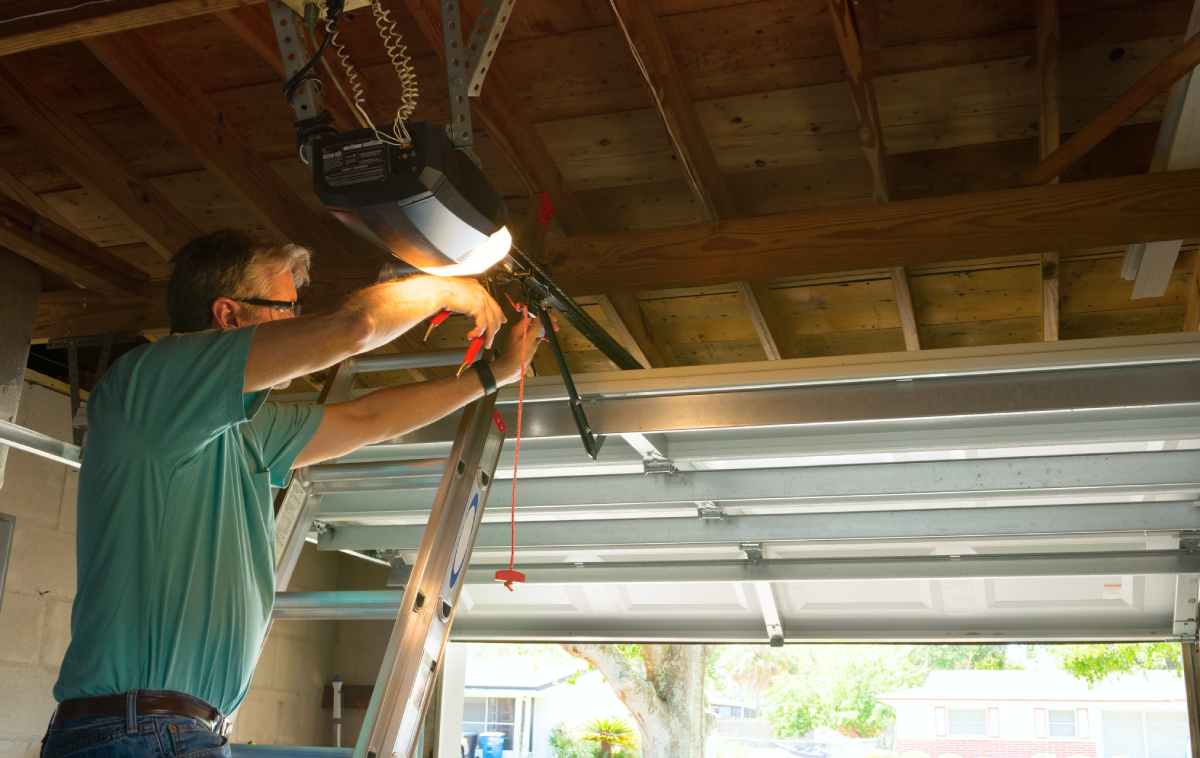An Essential Guide to Garage Door Maintenance
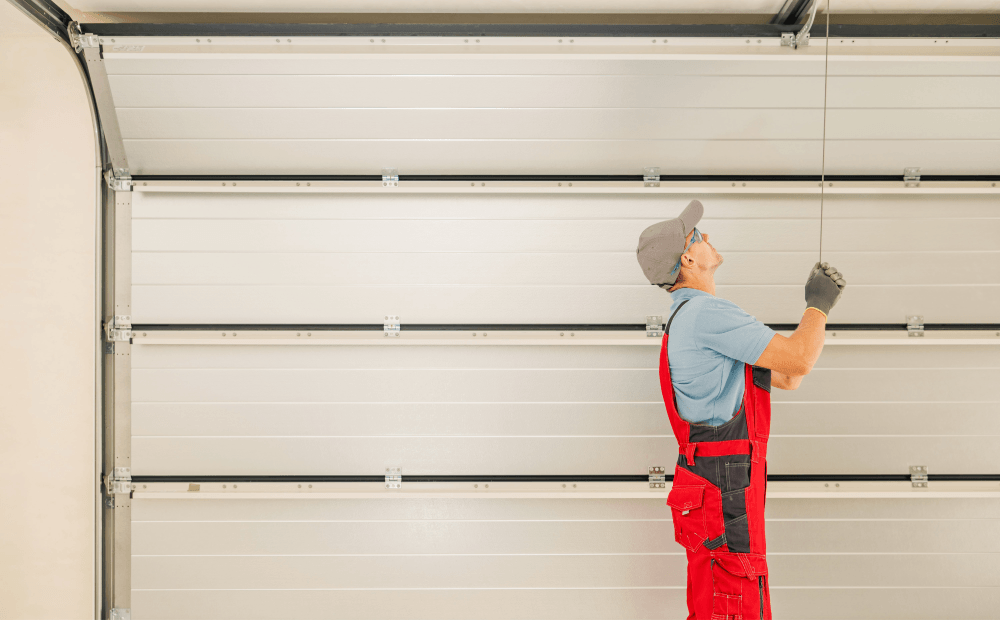
Your garage door is one of the most hard-working items in your home. Day after day, it opens and closes to allow vehicles to pass, safely secures your belongings, and sturdily withstands all weather conditions. A garage door is an investment in the security of your home, as well as in its aesthetic appeal and resale value. It stands to reason then, that you should maintain your garage door and keep it looking and functioning like new for many years to come. This guide will teach you all you need to know about garage door maintenance.
How Often Should You Maintain Your Garage Door?
No part of your home can function indefinitely without requiring some form of long-term maintenance. This is certainly true of your garage door. No matter how well made it may be, whether it is constructed of wood or steel, it needs to be maintained to keep working properly. Regular maintenance is always preferable to repair because it ensures that your door will run without any interruptions.
Consider how hard your garage door works. On average, a garage door will go through about five open-close cycles per day - that’s 1825 cycles in a year. That is a fair amount of wear and tear, and it is only a matter of time before your garage door will either need a little care and maintenance or emergency repairs. For this reason, garage doors should be serviced at least once a year. Tri-Lakes Garage Doors will conduct a full annual service on your garage door and opener.
What Does a Garage Door Service Entail?
When you call in custom garage door professionals to service your door, they will carry out the following sequence:
- A door inspection, checking for dents and rust, examining the tracks and opener, checking the lifespan of the opener, and looking for any signs of unusual wear.
- Safety tests: Technicians will perform safety tests to see if there are any issues with the door opener system or signs of deterioration in the safety features.
- Check the tracks and cables: The technicians will thoroughly check the tracks to ensure that they are not being blocked by any debris to prevent the door from jamming. They will also look for any signs of unusual wear or damage.
- Lubricate the moving parts: Technicians will check the moving parts and see how well they are working. They will then lubricate the opener’s chain or screw, as well as the overhead springs.
Different Types of Garage Door Springs Explained
Some of the most important parts that technicians will spend time inspecting and repairing (if necessary) during your annual service, are your garage door springs. These are crucial for the proper maintenance of a garage door - both for the routine functioning of the door and for its overall safety and security.
There are two types of springs used in garage door construction:
- torsion springs
- extension springs
Torsion Springs
Torsion springs are commonly used in garage doors and use torque to perform their function. These springs are popular because they’re durable and have longer life spans.
Extension Springs
Extension springs use an extension to perform their function and are usually found in the horizontal tracks on both sides of a garage door. Which springs are used in your garage door depends on the overall design, as well as your budget. Torsion springs are more expensive but also tend to last longer than extension springs.
Both types of springs undergo tremendous force and tension when in use, so you need to ensure that they are well-maintained. Broken garage door springs can lead to property damage and even injuries to you and your family members.
3 Garage Door Maintenance Tips Every Homeowner Should Know
Aside from securing the services of professionals to inspect and maintain your door each year, there are also several things you can do to help with the routine upkeep of your garage doors. Here are three vital tips you will want to remember:
Washing your garage door: It is important to keep the door clean, but the method you use to do so depends on the material of the door. Wooden garage doors should be cleaned at least once a year with a cloth and mild detergent. Remember to rinse the door down with a hose once you’re done cleaning it. Use a cloth and a mild cleaning solution to wipe down a steel garage door. Use an anti-rust solution if the door has visible rust. For an aluminum door, wet a cloth with vinegar and water solution and wipe down the surface gently.
Balance and damage: Check your door for balance and damage regularly. Here are some of the signs you should look out for:
- Loud bang after you close the garage door
- Shaking and loud noises when you open and close the door
- Off-the-track rollers, cables, door parts, belts, or screw drive system
- Too fast or too slow movement of the garage door
- Unresponsive automatic opener
- The garage door refuses to open or close properly
Lubrication: When lubricating the tracks, you should use a product with lithium grease or silicone. Spray the product along the tracks and rollers. If you notice rust in the rollers, spray the grease in between the roller and the axle to help it perform its job more freely.
How Do You Maintain a Garage Door?
The maintenance of garage doors entails the following crucial steps.
Clean the Tracks
Use a small toothbrush to remove the grime, grease, and dirt. Next, spray the roller tracks with disc brake cleaner and wipe the area down with a clean rag to remove any remaining grease and debris to ensure the safety features are intact.
Tighten the Hardware
Inspect the hardware and tighten any loose bolts and nuts you find. If you notice any rusted or damaged nuts and bolts, you’ll need to replace those immediately.
Look At the Cables, Springs, Pulleys and Rollers
Rollers should be checked twice a year and should be replaced every five to seven years. When it comes to springs, cables, and pulleys, all you can do is inspect them for any damages. Look for broken strands, stretched springs, or other wear and tear issues. If your garage door’s cables or springs are damaged, it’ll be quite challenging to replace them on your own. As a result, you’ll need to contact a professional garage door company or technician to inspect and replace the damaged components.
Test the Balance
If your garage door is unbalanced, the garage opener will have to work extra hard, putting additional strain on the system. The tension will need to be adjusted at least once a year.
Replace Weather Stripping
Garage door weather stripping is there to prevent water, hot air, and cold air from entering the garage. But like most things, over time, this rubber material can crack and peel away. If you notice any issues with your door’s weather seal, it’s probably time to replace it.
How to Lubricate a Garage Door
Lubricating your garage door often can help it function easily and get rid of that garage door squeaking noise.
Here’s a step-by-step guide you can follow to lubricate your garage door:
- Ensure your garage door is closed and turn off the opener’s power.
- Remove the dirt and debris around and inside the tracks by using a damp cloth.
- Open the garage door and lubricate the hinges.
- Lubricate the rollers and the ball bearings inside each of them. Avoid lubricating garage door rollers that are nylon.
- Wipe away any access lubricant.
- Lubricate the springs and bearing plates. Open and close the door to ensure you’ve spread the grease evenly.
- Lubricate the lock, keyhole, and large armbar.
- Lubricate the top of the rail and distribute the garage door grease evenly with a rag.
Lubrication should be done every six months as part of your preventative maintenance routine. If you live in an environment with harsh weather conditions (like extreme cold temperatures, or wide temperature variations in brief periods), you should lubricate the door more frequently.
When it comes to the type of lubricant you should use, always opt for silicone sprays or white lithium grease.
- Silicone Sprays: Silicone sprays usually have a long straw-like attachment to keep the spray contained. These sprays can last longer than most sprays and can handle a variety of temperatures. The small attachments can also help you lubricate smaller spaces.
- White Lithium Grease: White lithium grease consists of oil and soap, so it’s a non-corrosive product. This grease needs to be applied by hand, as a result, it’s a messier greasing option. But the benefit here is that you’ll be able to spread the grease around more evenly and exactly where you want it to prevent the door from malfunctioning.
Regular maintenance on your garage door is crucial to keep it working smoothly and to prevent unexpected disruptions. By performing routine maintenance tasks such as lubricating the tracks and checking the balance, you ensure that your door operates with minimal noise and maximum efficiency.
Additionally, it's important to clean your garage door and check its hardware regularly to maintain its security features and aesthetic appeal. Whether it's tightening the chain or belt, or ensuring the weatherstripping is effectively sealing your garage, these simple steps can significantly extend the life of your garage door.
Remember, if you notice anything unusual, such as a squeaky garage door or off-the-track rollers, don't hesitate to contact garage door maintenance technicians like Tri-Lakes Garage Doors to prevent further damage and ensure your door's optimal performance.
